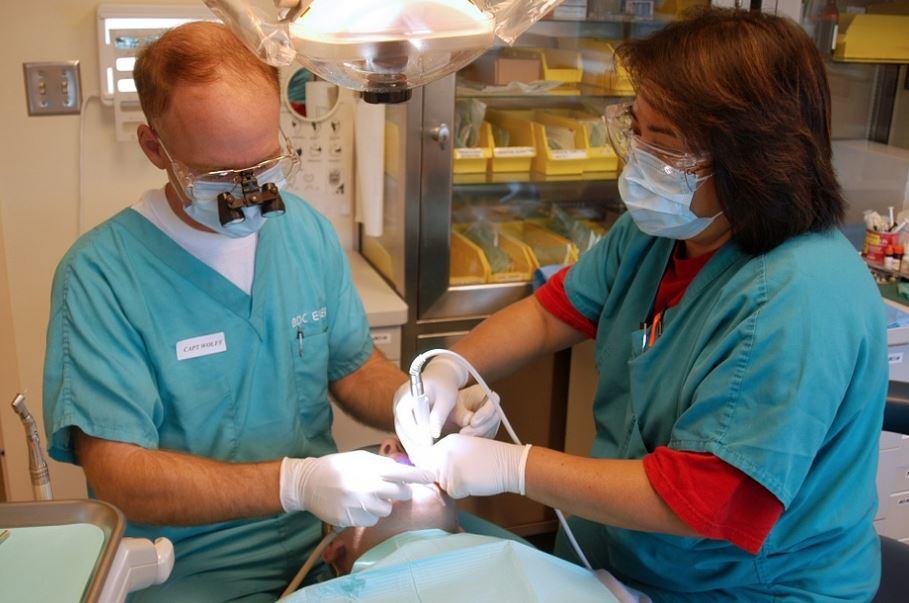
Wisdom teeth extraction is a necessary surgical procedure when one or more impacted wisdom teeth begin to cause a variety of painful symptoms, such as putting too much pressure on nearby teeth and gums and causing inflammation. In severe cases, they even damage teeth and set off infections that can erode tissues and spread into others areas of the face and body.
To make the process as easy as possible, prepare for the procedure by doing the following:
Store Soft Foods
Hard foods cause cuts that bleed and then become inflamed and possibly infected. They can also disturb necessary blood clots. Prepare and store enough nutritious soft foods to last a couple of days, such as applesauce, oatmeal, puddings, mashed potatoes, eggs, creamy nut butters, soups, ice cream, yogurt, smoothies and milkshakes. As you might feel nauseated after surgery, also store bland foods like mashed bananas and cream of rice.
Organize Treatment Supplies
You obviously need ice packs and pain medication. After the surgery you might also need lip balm because your lips can dry out and crack. Bleeding and drooling also occurs. Although your surgeon will give you gauze, stock up on extra. Additionally, as long as you do not have an allergy to any types of tea, stock up on plain black tea bags as biting on a wet tea bag can help clot blood.
Arrange Post-Surgery Care
It is wise to have someone watch over you for at least the first 24 hours after surgery. A caregiver can prevent you from doing things accidentally that can cause additional swelling and infection, such as eating solid foods, drinking or smoking. If you get dizzy while taking medications, a caregiver can help prevent falls. Without a care giver, you might also accidentally leave ice on your skin for too long causing cellular damage or take too much pain medication.
Consider Sleep Dentistry
Many clinics, offer sleep dentistry services. Patients experience wisdom teeth extraction in a conscious sedation state where they feel relaxed and then later fail to recall much or all of the surgery because of the use of a drug. If you choose this option, you can’t eat for at least six hours before surgery and you must arrange for someone to drive you home afterward.
There is no reason that you should have a traumatic wisdom teeth removal or recovery experience. Make the experience a more pleasant one with these few preparations. Remember to get lots of rest and to ask for assistance if necessary. Never strain yourself or try to get back into your regular daily tasks too quickly.
Emma Sturgis
Recent Posts
- Castor Oil For Better Hair Growth: Is It Myth Or Fact?
- Exploring the Differences Between Sermorelin, Ipamorelin, Ibutamoren, GHRP2, and GHRP6: Understanding Their Role in Human Growth Hormone Regulation
- Unraveling the Mystery: Understanding the Causes and Prognosis of Ventricular Tachycardia Without Apparent Heart Disease
- Understanding Grandparents’ Rights in Oklahoma: Navigating Visitation and Legal Protections
- 10 Reasons to Consider Hypnotherapy for Your Health

